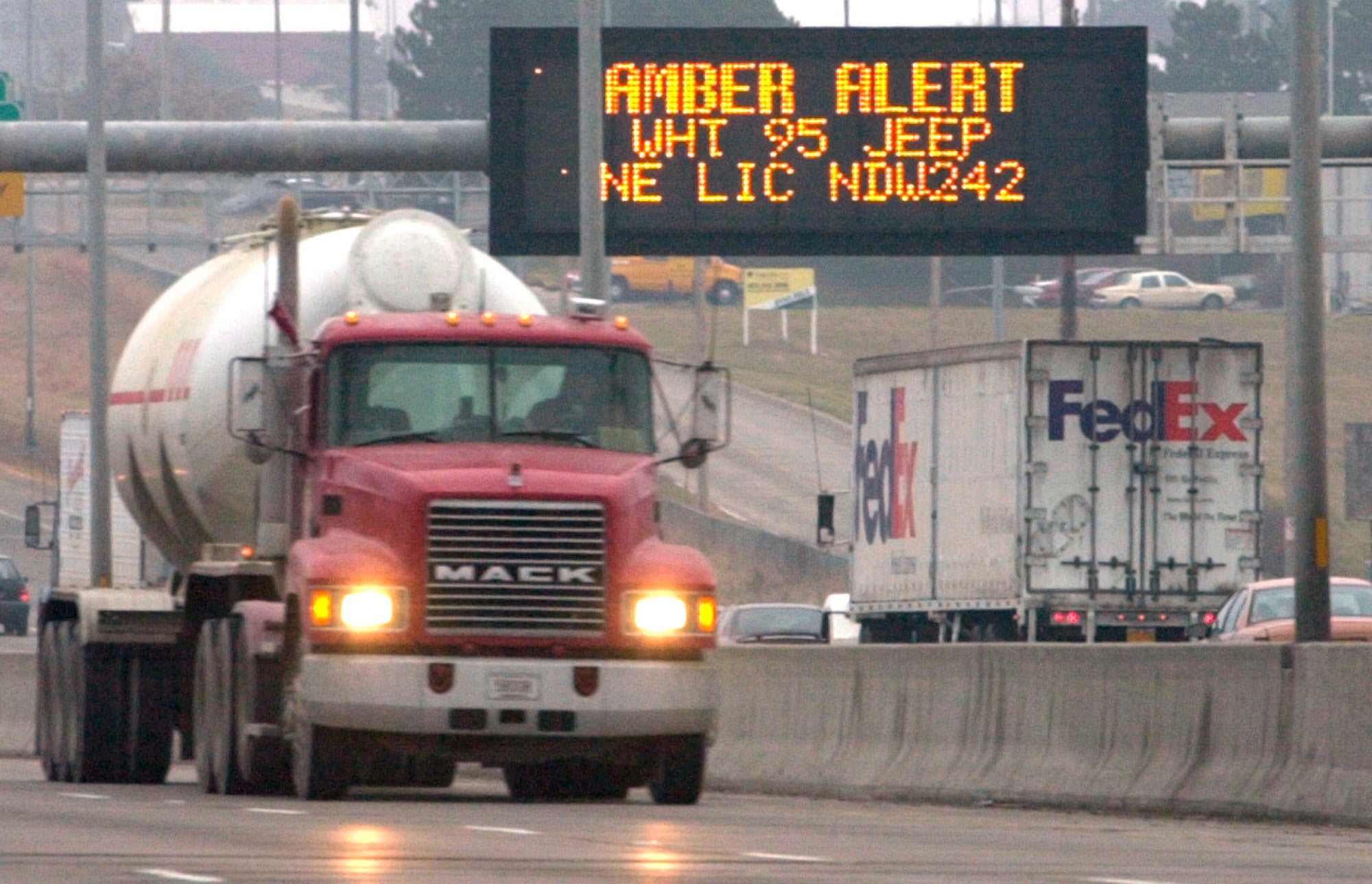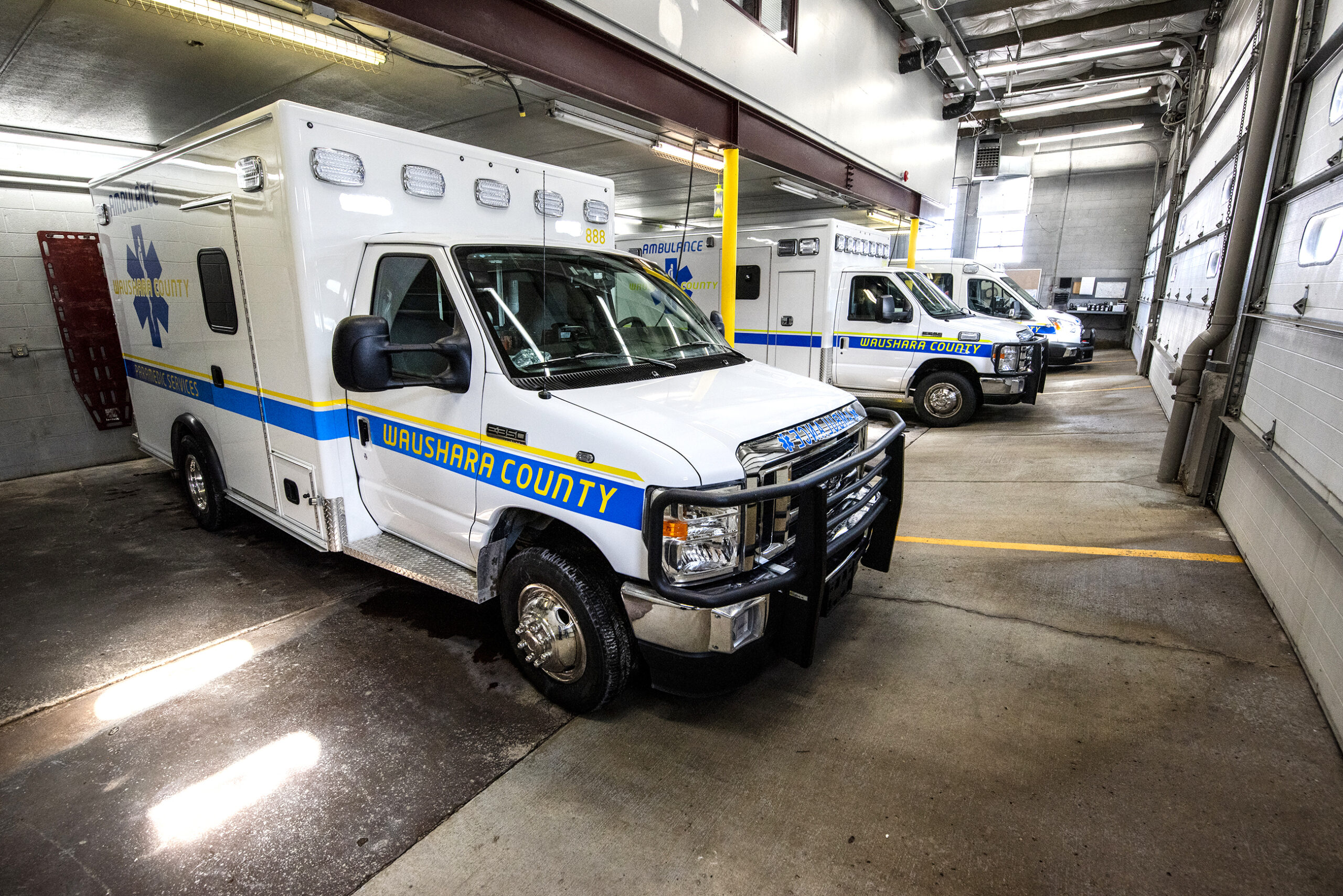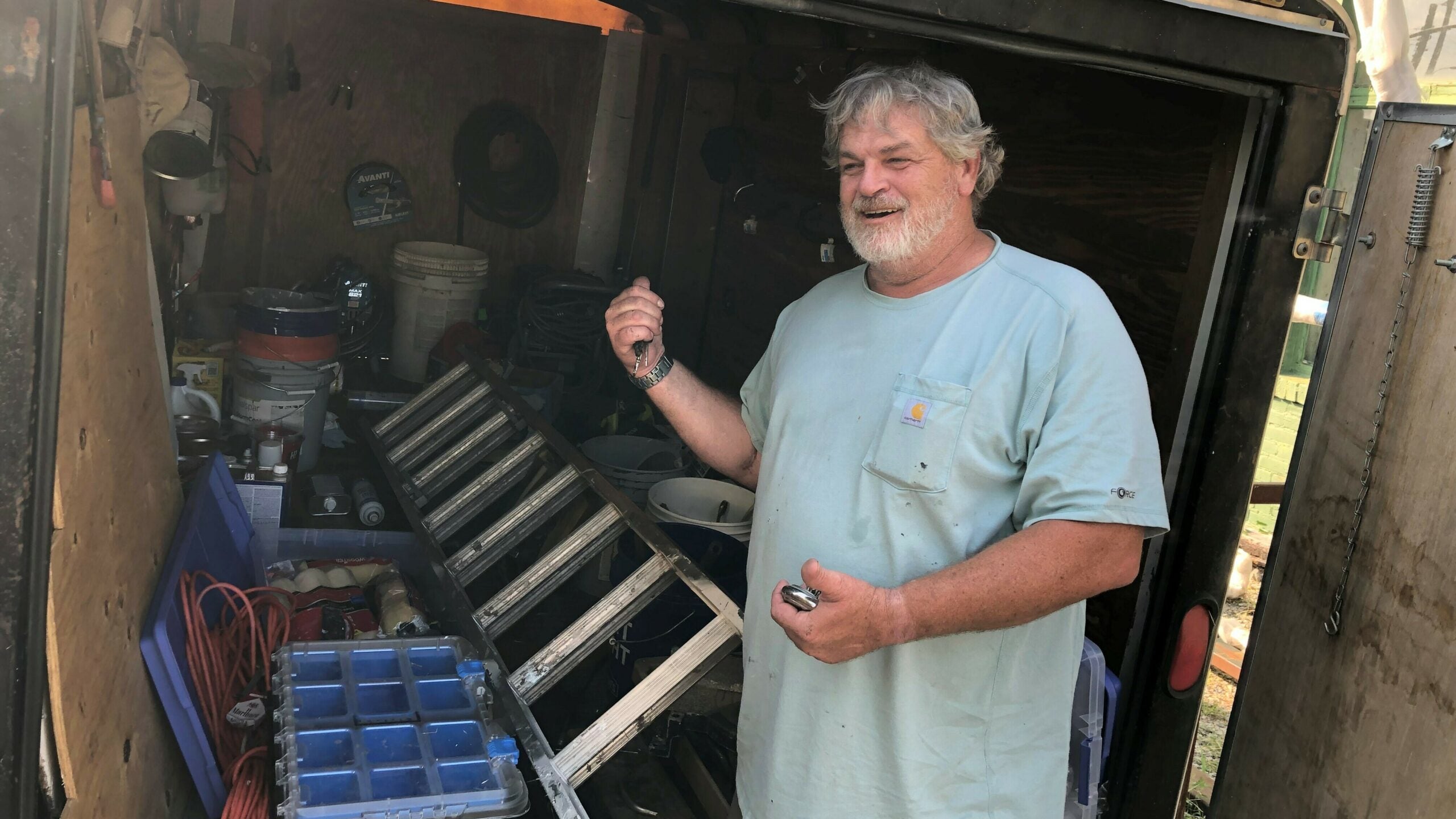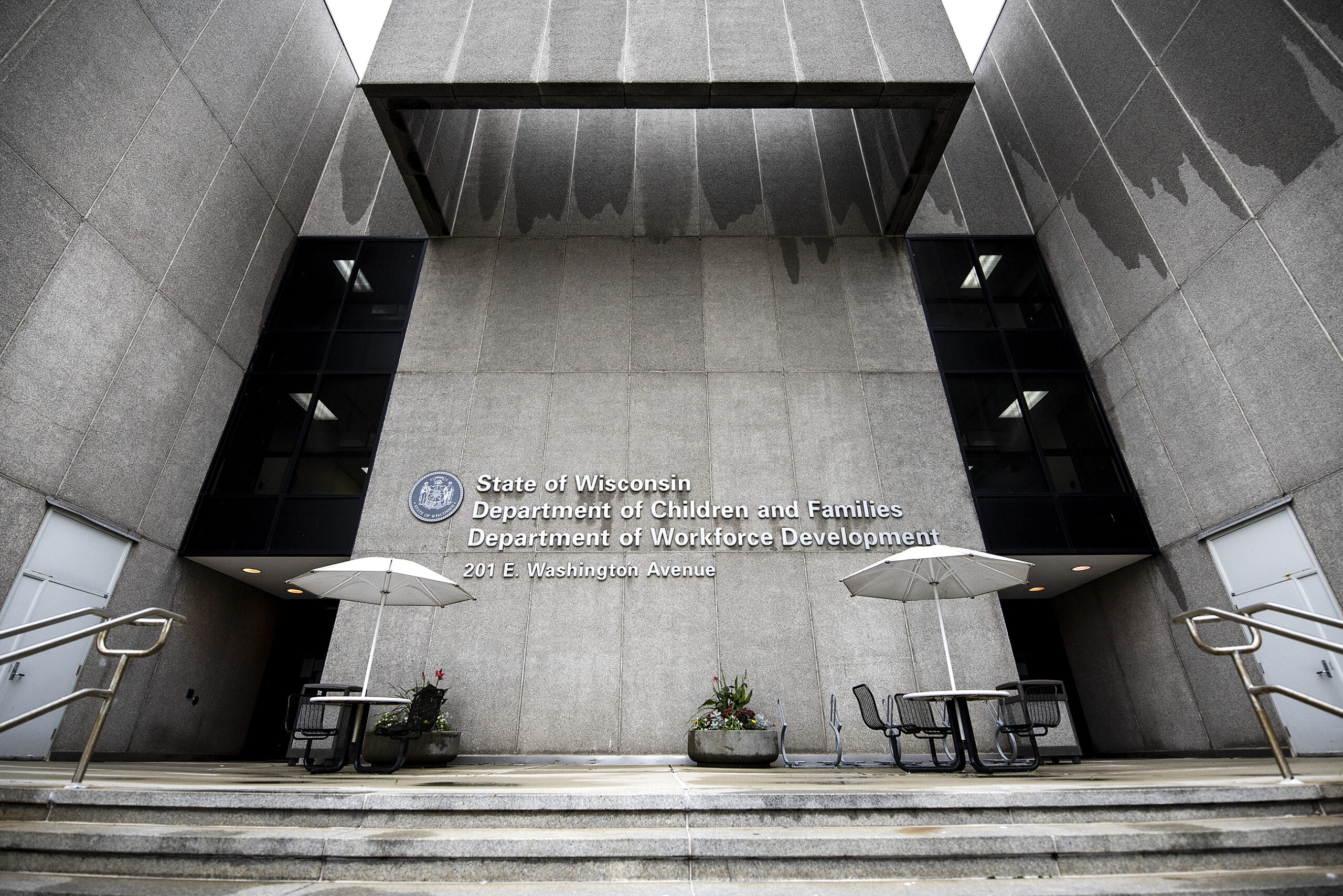Wisconsin state lawmakers will make another attempt to get children who commit non-violent crimes and are 17 years of age back into the juvenile court system.
Wisconsin is one of only nine states that automatically treats 17-year-olds as adults when they commit a crime, but that policy could change this year if a Republican-backed bill wins enough support to pass the Legislature.
This is the fourth attempt during the past four years to shift first-time, non-violent 17-year-old offenders out of the state’s adult court system and into the county-run juvenile system.
Stay informed on the latest news
Sign up for WPR’s email newsletter.
Kyle Christensen, of the Wisconsin Counties Association, said counties agree it’s a good policy, but they oppose the price tag for local governments, who will have to manage an expected increase of as many 3,600 juveniles a year.
“Simply moving them from the adult to juvenile system without the money to provide services really doesn’t accomplish the goal, which is to make sure that these individuals do not re-offend,” said Christensen.
Bill sponsors say juvenile arrests are down by 46 percent and spending money to keep non-violent 17-year-olds out of prison will reduce the chances they will re-offend and save money in the long term.
County officials estimate it will cost them $15 million to handle the influx of 17-year-old offenders.
But state Sen. Jerry Petrowski, R-Marathon, one of the bill’s three sponsors, said some estimates show it would cost only $5 million.
Christensen said that this doesn’t take into account all the costs involved with providing services to young offenders, which up until now have been covered by the state.
Georgia, Louisiana, Michigan, Missouri, South Carolina, North Carolina, New York and Texas are the eight other states that still send 17-year-olds to adult court.
Jim Moeser, of the Wisconsin Council on Children and Families, said research over the past 20 years has confirmed that non-violent teen offenders have been shown to be much less likely to re-offend if they are dealt with in the juvenile system. He predicts that for every 1,000 juveniles returned to the system the state could save $5.8 million in reduced law enforcement costs.
County association officials said they doesn’t share the view that counties can absorb the upfront costs to achieve those savings.
Bill sponsors also point out that the bill only affects first time non-violent 17-year-old offenders. Nothing in the bill prevents prosecutors from trying 17-year-olds that have committed a violent offense in adult court.
Wisconsin Public Radio, © Copyright 2024, Board of Regents of the University of Wisconsin System and Wisconsin Educational Communications Board.






